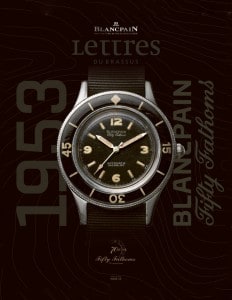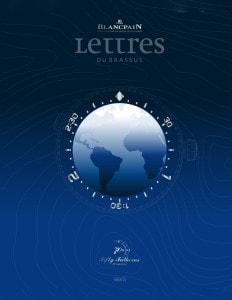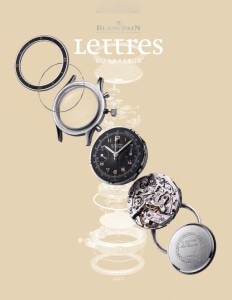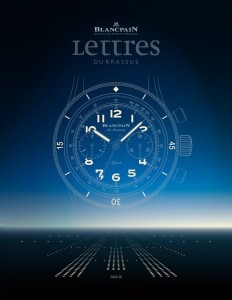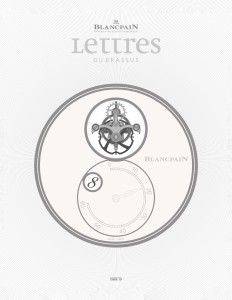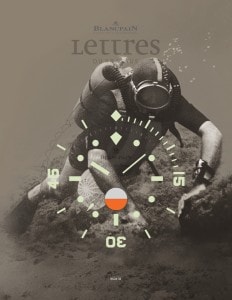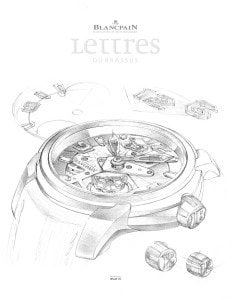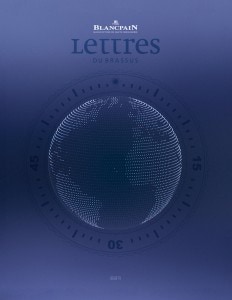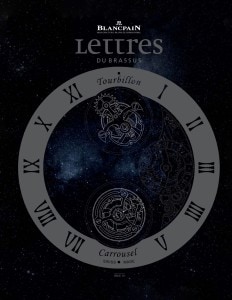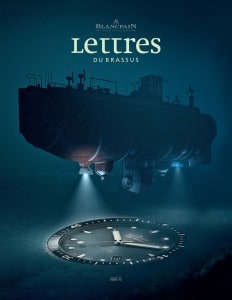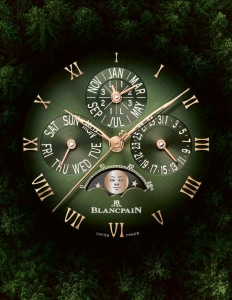
Search in Issues
Chapters
List of parts
Chapter 7
Pristine Seas Expeditions
2011–2015 Pristine Seas Expeditions with Blancpain.

Blancpain has partnered with and supported National Geographic Pristine Seas since 2011 to explore, survey, and help to protect the last wild places in the ocean.
The ocean is critical for our well-being, because it gives us more than half of the oxygen we breathe, the seafood we eat, and it absorbs a quarter of the carbon pollution we throw in the atmosphere. Yet, only 1% of the ocean is fully protected from human activities such as fishing—which is taking fish out of the ocean faster than they can reproduce. The United Nations has established a target to have 10% of the ocean protected by 2020, although scientific studies recommend that at least 20% be protected.
National Geographic Pristine Seas and Blancpain are working together to fill this gap. The Pristine Seas team conducts expeditions to the most remote areas, conducts groundbreaking scientific research, and produces compelling films and media—with the ultimate goal of inspiring country leaders to save these areas before it is too late. Although remote and mostly uninhabited, these wild places are beginning to be exploited by long-distance fishing fleets. Therefore it is critical that they be protected in large “no-take” marine reserves (i.e. national parks in the sea).

Marine life on the coral reefs of Palau, Micronesia: a Nautilus.

A colorful Anthias.
To date, Pristine Seas and partners have inspired leaders to protect pristine areas totaling 3 million km2 in seven countries in both tropical and temperate seas. That’s more than half of all the ocean areas that are currently fully protected—and more reserves are in progress.
These last pristine places are the last wildernesses left in the ocean. They are like time machines, taking us hundreds of years into the past. That allows us to understand what we have lost because of centuries of overexploitation and pollution. But, most important, they help us determine what future ocean we want: one polluted and without fish, or one that looks like those rich and diverse places that are now protected? We are betting on the latter, because we all need a healthy ocean.

Expedition leader Paul Rose with a blacktip reef shark at Aldabra Atoll, Seychelles.


Other issues
Don't miss the latest issue
Sign Up for New Releases











